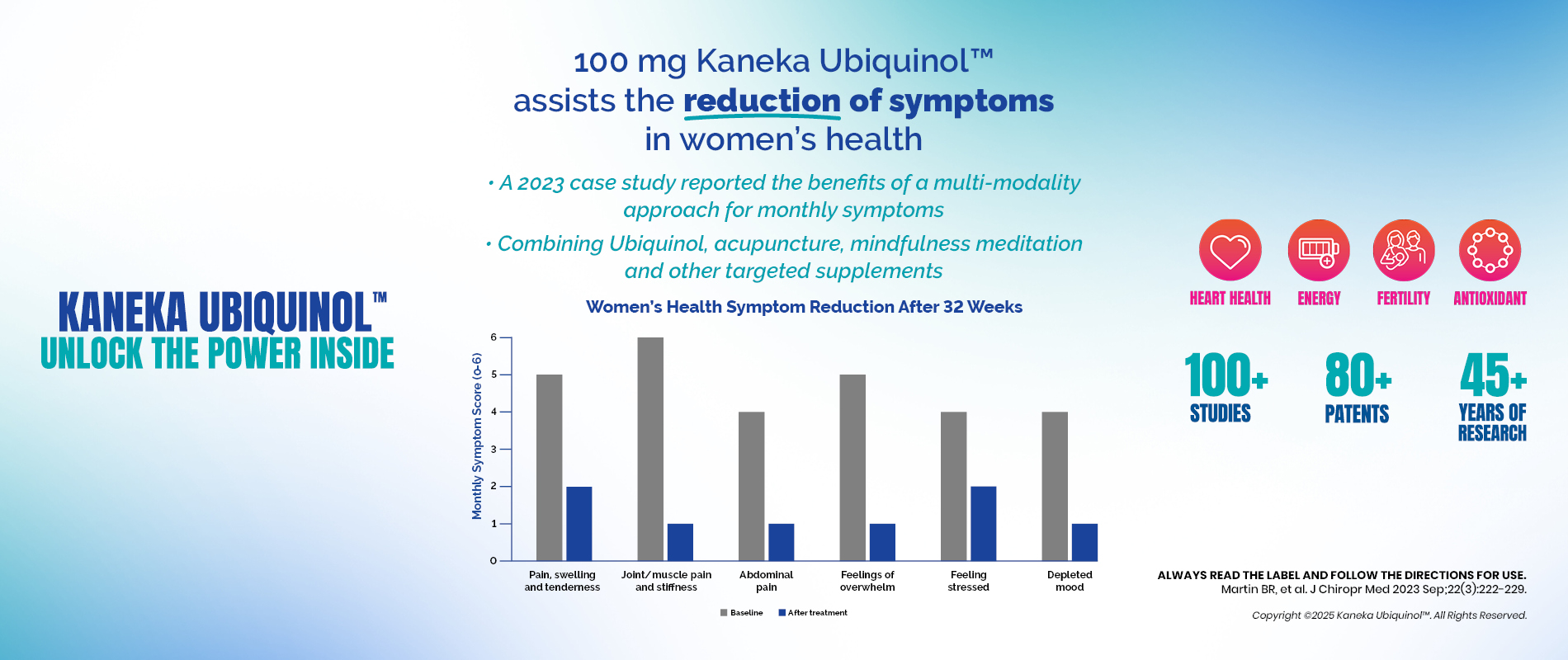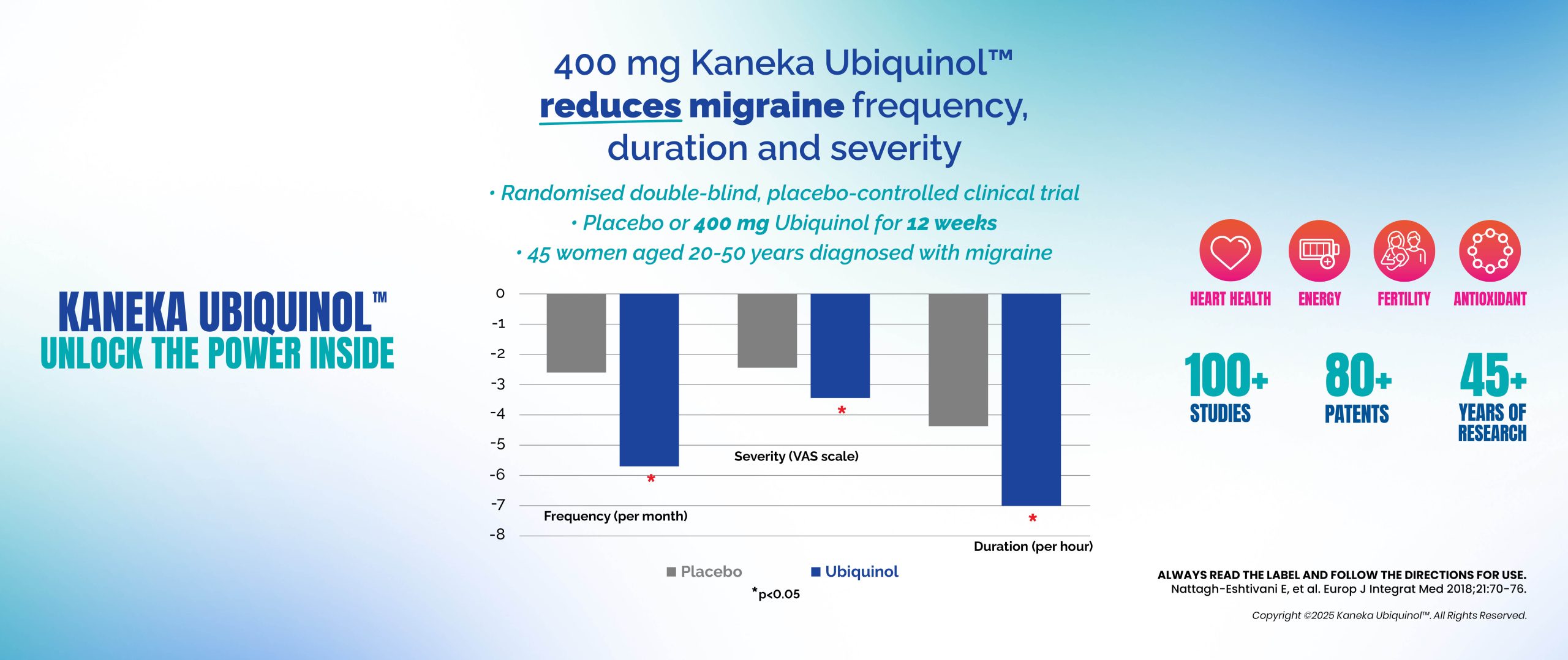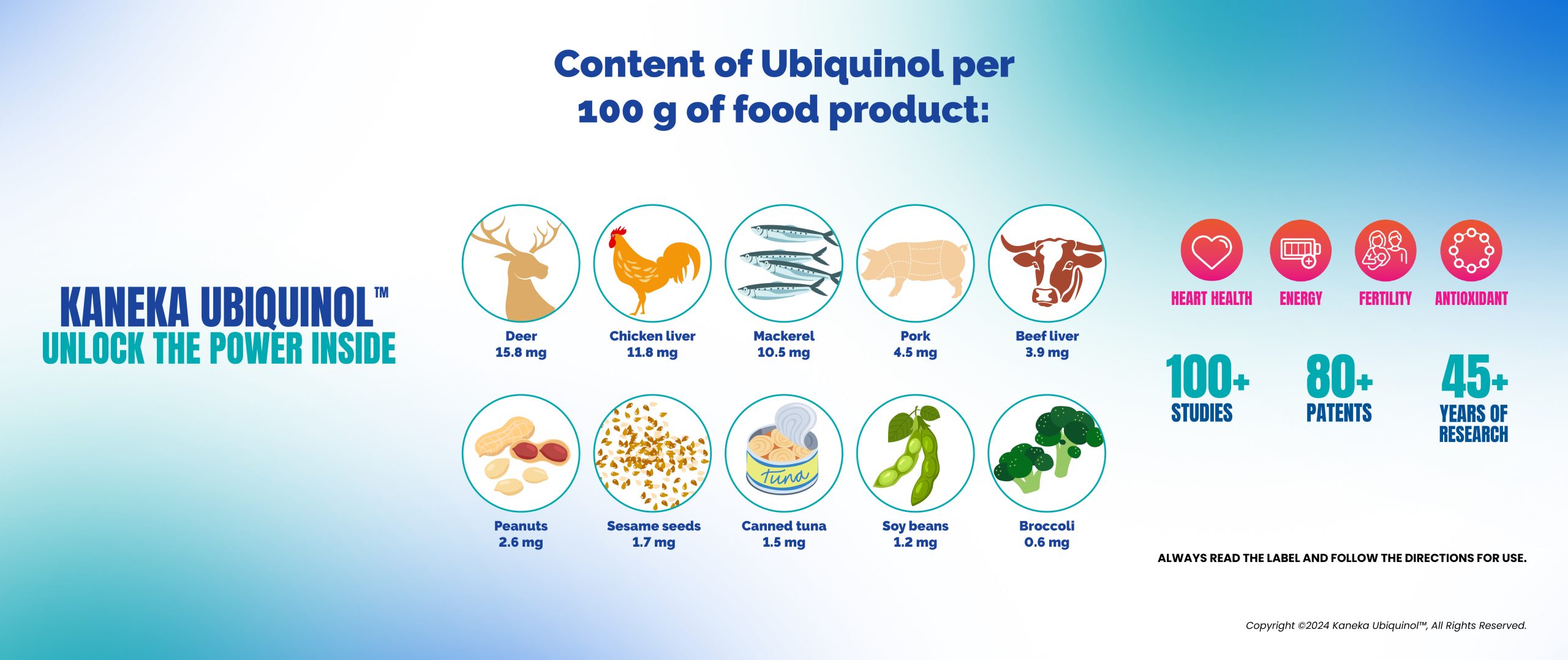27th October 2018 l Fitness in the City
Jan 2019Recent Article
Marathons for Beginners

If you’ve signed up for a marathon yet you’ve never run more than a 100-metre dash, don’t despair. Australian Olympic middle-distance runner Eloise Wellings shares her tips on how to stay the distance
1. Set realistic goals
Congratulations on signing up for your first marathon! We all know that every journey begins with a single step and you’ve already made yours. In all the excitement, it can be tempting to get out there and start running straight away. But this will only lead to injury and disappointment. Bodies adapt at different rates, and you’ll find that it can take up to six weeks for your body to feel comfortable with this new exercise. The best way to get, and keep, on track when marathon training is to set yourself small, achievable goals leading up to the run date.
2. Increase your step
When you set your goals, aim to increase the distance you run each week by 10%. This will help your body adapt to its new training regime, and the demands being place on it. Conversely, every third or fourth week should be your ‘cutting back’ week, which means you can take it a little easier. Again, this will help reduce the chance of injury and also give you time to reassess your next month of training.
3. Supplement your sustenance
A new Italian study has found that athletes who supplement their diet with Ubiquinol may help to reduce the depletion of the antioxidant CoQ10, and could even improve performances on the track and field. CoenzymeQ10 (CoQ10) helps our body function correctly, improve energy levels and fights antioxidant stress, caused by diet, pollution and even exercise. The study found that Ubiquinol supplementation helped to minimise the depletion of CoQ10 in the body and increased the antioxidant levels in the athletes. And when the athletes trained, those who had taken Ubiquinol were able to keep a higher running pace after 5 and 15 minutes of running, compared to the athletes who were taking a placebo. [i]
4. Eat right for your run
What you eat is just as important as how you train. Around three to four hours before you run eat a high-carb, low-fibre meal, such as a peanut butter sandwich, or two eggs. If you’re running for more than 60 minutes, top up your energy levels with a high-carb energy snack such as a packet of raisins. And don’t forget about energy-boosting and recovery foods post-workout. Foods which contain Ubiquinol are a must. They include red meat, spinach, sardines and wholegrains. Combine these with servings of green veg and carbs such as sweet potato.
5. Stretch it out
You’re going to get sore muscle from all this training, which can put many people off continuing their training program. Avoid this by using a foam roller, which helps to loosen up muscles and improve your range of motion. Schedule in some relaxation time too, in the form of a yoga, stretching or Pilates class to help support your body during this time.
By Olympian Eloise Wellings follow her here
[i] https://jissn.biomedcentral.com/articles/10.1186/1550-2783-10-24
http://fitnessinthecity.com.au/move/fitness-move/marathons-for-beginners
You can share this by:
Keep up-to-date with Ubiquinol News
Ubiquinol Headlines

Ubiquinol for Women’s Health
Apr 2025Category: Ageing, Antioxidants, Fertility, Kaneka, Mitochondrial health, Ubiquinol, wellness, Women's HealthRead More
Kaneka Ubiquinol™ at APP 2025: Advancing Healthy Ageing & Longevity
Mar 2025Category: Ageing, Antioxidants, APP, Conference, Conferences, Energy, Fatigue, Health, Health Industry, healthy ageing, Kaneka, Mitochondrial health, Nutrition, UbiquinolRead More
Ubiquinol: Supporting Migraine Relief Through Cellular Energy
Jan 2025Category: Antioxidants, complementary medicine, Energy, Fatigue, Health, Health Industry, healthy ageing, Kaneka, Mitochondrial health, Nutrition, Stress, Ubiquinol, Vitamins, wellnessRead More
Kaneka Ubiquinol™ at Functional Foods for Wellness Industry Awards and Summit, #FFWS2025
Jan 2025Category: Ageing, Antioxidants, Awards, cardiovascular health, Conference, Conferences, Energy, Fatigue, FFWS2025, Health, Health Industry, healthy ageing, Kaneka, Menopause, Mitochondrial health, Nutrition, Ubiquinol, VitaminsRead More
Kaneka Ubiquinol Wins Prestigious Complementary Medicines Raw Material Supplier of the Year Award 2024
Dec 2024Category: Ageing, Awards, cardiovascular health, complementary medicine, Conference, Conferences, Endurance, Energy, Fatigue, Fertility, Fitness, Health, Health Industry, healthy ageing, Heart, Immunity, In The News, Kaneka, Lungs, Memory, Mitochondrial health, Nutrition, Online, Stress, Ubiquinol, Vitamins, wellnessRead More
“Powering Performance and Longevity: Kaneka Ubiquinol™ at the CMA Annual Conference 2024”
Nov 2024Category: Ageing, Antioxidants, Awards, cardiovascular health, chronic fatigue syndrome, complementary medicine, Conference, Conferences, Endurance, Energy, Fatigue, Fertility, Fitness, Health, Health Industry, healthy ageing, Heart, In The News, Kaneka, Mitochondrial health, Online, Ubiquinol, VitaminsRead More
Natural Health Product Innovation Expo 2024
Nov 2024Category: Ageing, Antioxidants, cardiovascular health, Cholesterol, chronic fatigue syndrome, Conference, Conferences, Endurance, Energy, Fatigue, Fertility, Fitness, Health, Health Industry, healthy ageing, Heart, Kaneka, Menopause, Mitochondrial health, NHNZ, Nutrition, Stress, Ubiquinol, Vitamins, wellnessRead More


